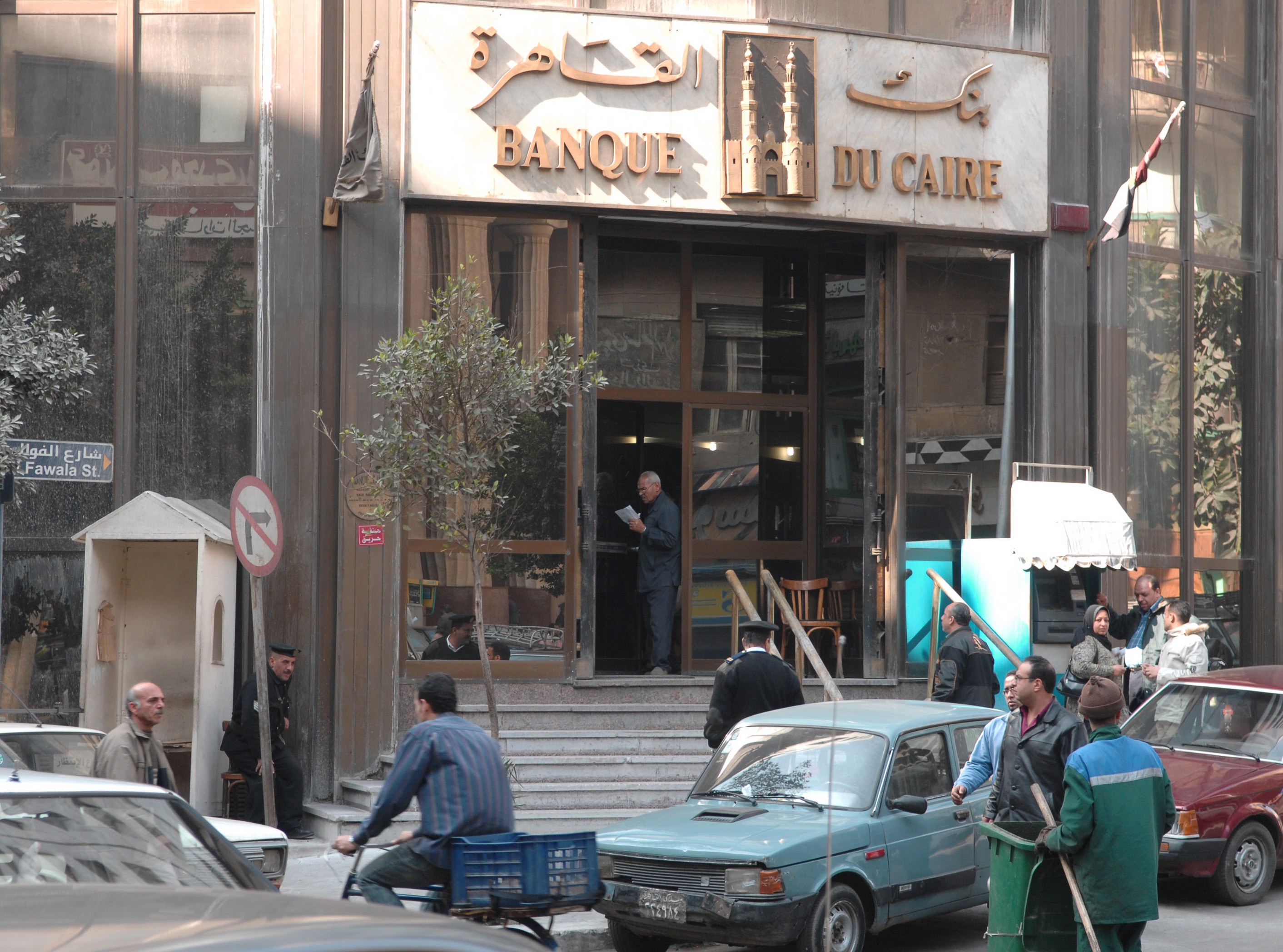Assistant Minister of Housing for Technical Affairs, Abdel Khalek Ibrahim, recently met with Acting British Ambassador in Cairo, Qudsi Rasheed, and representatives from over 30 British companies. The purpose of the meeting was to discuss partnership and investment opportunities in Egypt’s real estate sector, including new cities, as well as drinking water and sanitation projects.
The meeting, organized by the Egyptian-British Chamber of Commerce at the British Embassy in Cairo, brought together key stakeholders. Advisor to the Ministry of Housing for International Cooperation, Hassan El-Leithy, and International Cooperation Advisor in the Utilities Sector at the ministry, Hisham Gaafar were also in attendance.
Ibrahim emphasized that Egypt presents a promising market for real estate investment. The country has witnessed an unprecedented urban and civilizational renaissance since President Abdel Fattah Al-Sisi took office. Opportunities abound in various fields, including the establishment of new cities, infrastructure projects, and the development of existing urban areas.
British company officials expressed keen interest in collaborating with the Egyptian state on urban development. They are particularly interested in investing in industries related to real estate and localizing certain sectors to enhance the availability of construction products within Egypt.
Ibrahim further highlighted Egypt’s strategy for smart new cities. Under President Al-Sisi’s leadership, the Ministry of Housing, through the New Urban Communities Authority, has initiated the development of sustainable smart cities, known as “fourth-generation cities.” Additionally, efforts are underway to transform previous generations of new cities into smart and sustainable urban centers, tailored to each city’s unique needs.
The Egyptian state has also formulated a national urban policy in collaboration with the Ministry of Housing, the General Organization for Physical Planning, the United Nations Human Settlements Programme (UN-Habitat) – Egypt office, and a group of experts. This policy aims to create an investment-friendly urban environment, generate new development opportunities, and contribute to economic growth and job creation.
Hisham Gaafar, the Ministry’s International Cooperation Advisor in the Utilities Sector, highlighted significant improvements in Egypt’s drinking water and sanitation services. These enhancements have occurred since President Abdel Fattah El-Sisi assumed office. The expansion of water and sanitation coverage nationwide has been a priority. Gaafar also mentioned the State Ownership Document, which empowers the private sector to participate in implementing utility projects.
In terms of wastewater management, Egypt has shifted toward safe utilization rather than disposal. The latest global technologies are being employed, including the use of sludge to generate methane gas—a valuable energy source for treatment plants. Additionally, a strategic plan for seawater desalination has been set until 2050, with a capacity of 8.8 million cubic meters per day. The first five-year desalination plan aims to produce 3.4 million cubic meters per day, more than doubling the current desalination capacities in Egypt.




